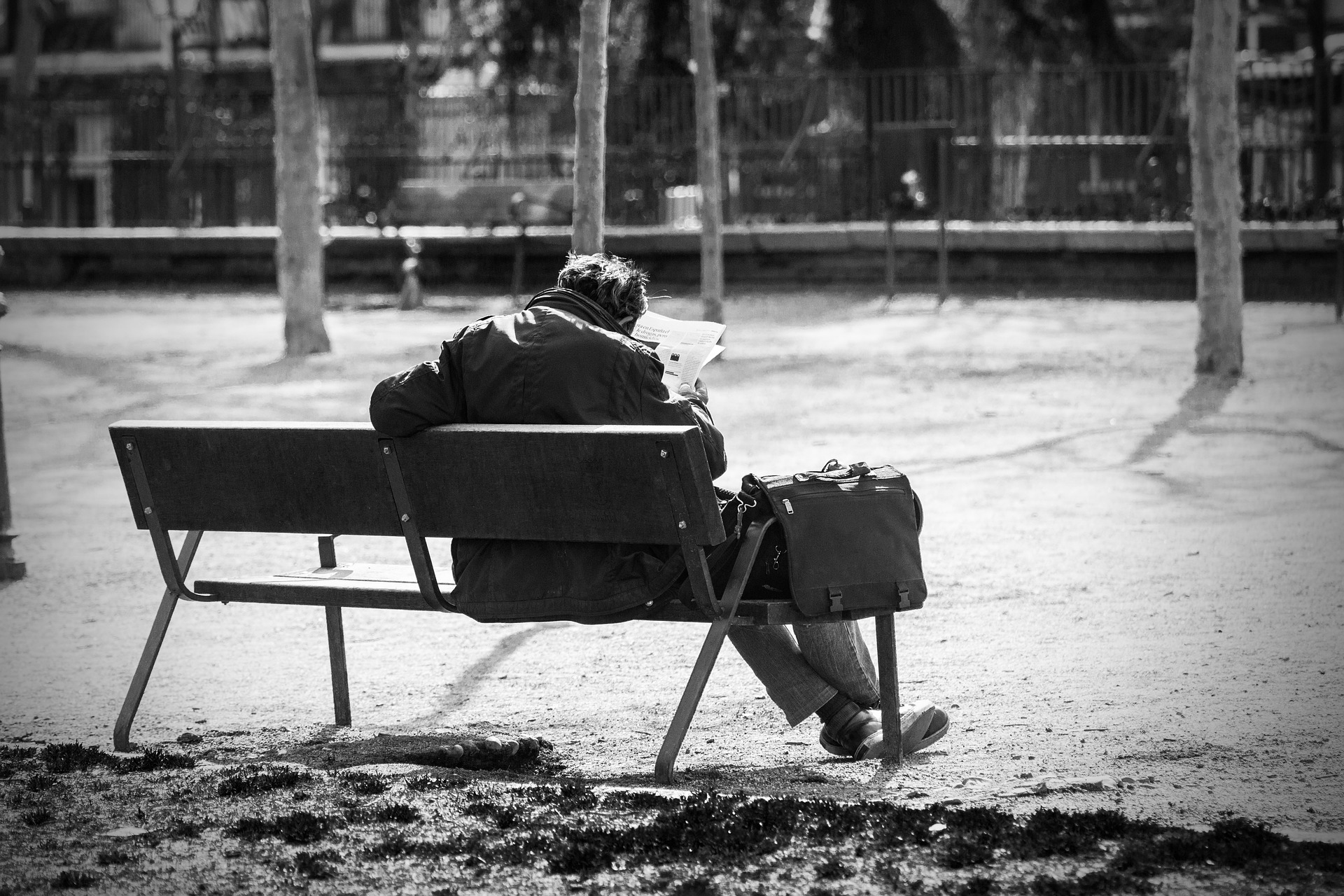
By Brandon Pho. San José Spotlight.
Officials in the Bay Area's largest city agreed Tuesday to ban homeless people from camping near schools, despite pleas from advocates and concerns from City Hall about enforcing it.
City council members voted unanimously to draft a policy allowing police to tow vehicles parked within 150 feet of K-12 campuses, even though city administrators question how to implement the new law. City officials warned that the policy could require enormous resources to enforce and run afoul of the state vehicle code. Council members responded by ordering city leaders to pressure Sacramento to change the state law, another waste of limited city resources.
Under the council's direction, the city will also prepare an ordinance that will ban large vehicles from riding on highways.
